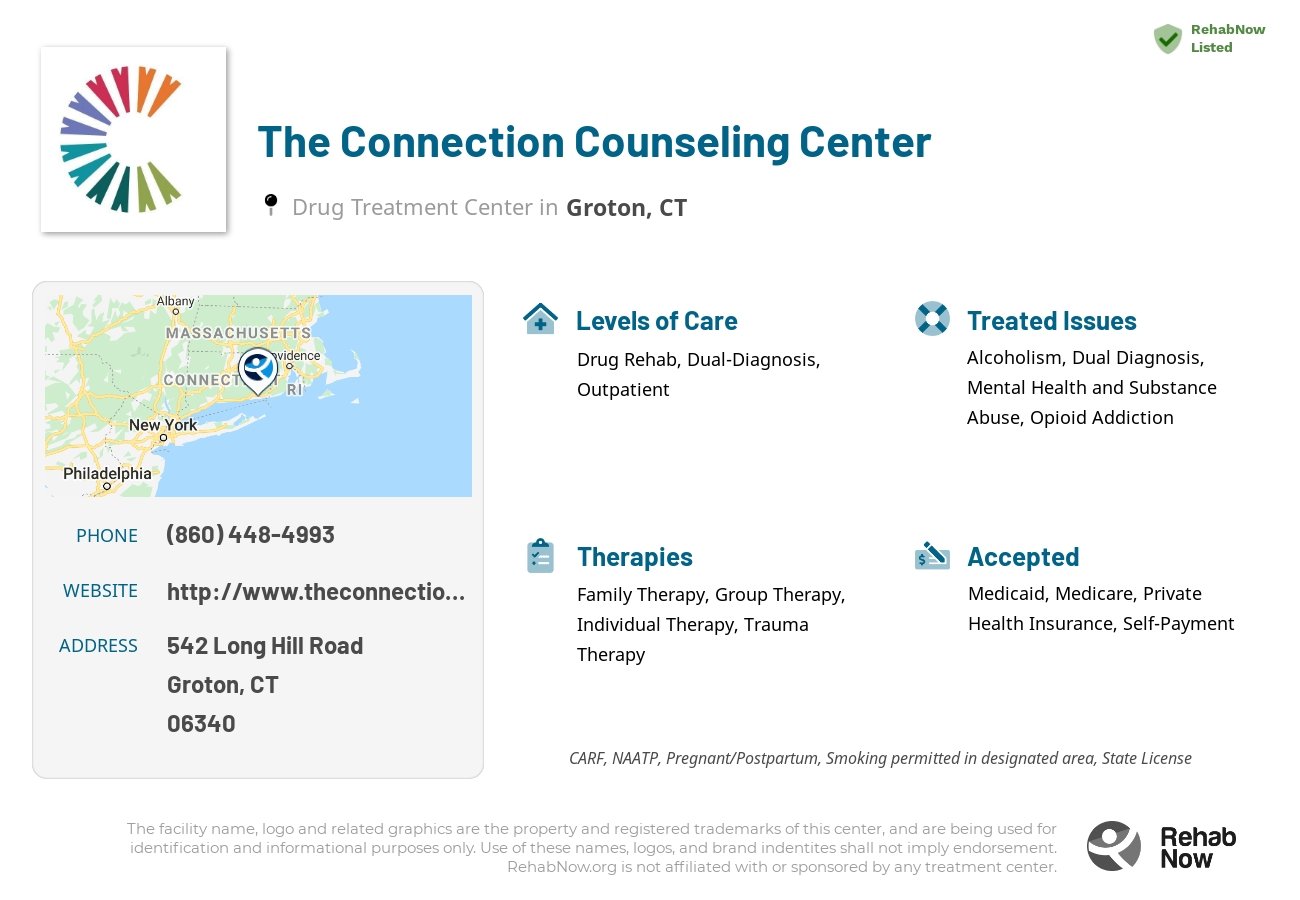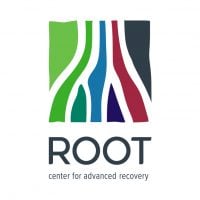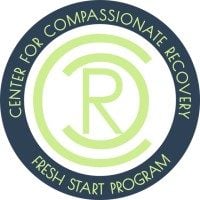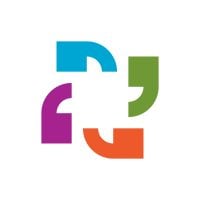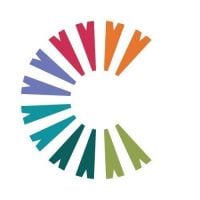
The Connection Counseling Center
Drug Rehab Center in Groton, Connecticut
- Opioid Addiction
- Dual Diagnosis
- Drug Addiction
- Alcoholism
The Connection Counseling Center in Groton, CT provides specialized dual diagnosis treatment, outpatient levels of care, and accepts private health insurance for those struggling with alcoholism, opioid addiction, and drug addiction for over 40 years.
About The Connection Counseling Center in Connecticut
The Connection Counseling Center in Groton, Connecticut is an addiction treatment facility that was founded in 1972. For nearly 50 years, this center has been dedicated to providing compassionate and effective treatment for individuals suffering from alcoholism, drug addiction, dual diagnosis, and opioid addiction. The facility offers a range of services including drug rehab and outpatient levels of care. They accept private health insurance and are affiliated with Harborside Healthcare.
The Connection Counseling Center provides comprehensive services and treatment methods for addiction and substance abuse. They understand that everyone's needs are unique, which is why they offer personalized treatment plans tailored to each individual's circumstances. With a focus on evidence-based practices, the center utilizes a combination of therapy techniques including cognitive-behavioral therapy (CBT) to help patients gain insight into their addictive behaviors. Through individual counseling, group therapy sessions, family support programs, and dual diagnosis treatment options, they aim to address underlying issues while promoting long-term recovery. The efforts made by The Connection Counseling Center highlight their commitment to supporting individuals on their journey towards a life free from substance abuse.
Genders
Ages
Modality
Additional
Conditions and Issues Treated
Opioid addiction is when someone becomes addicted to opioids. This can happen quickly due to any opioid use. Opioid withdrawal can be uncomfortable and lead the user to continue using even if they want to quit. It’s best to receive inpatient treatment for detoxification.
Even if a person doesn’t need inpatient treatment, it’s recommended to start rehabilitation or at least some kind of outpatient treatment. This is because the withdrawal symptoms from opioids can be uncomfortable and unpleasant, to the point that a person could end up using again or worse.
Detoxification should be done to break the physical addiction of opioids. This can be done with opioid replacement therapy, medication-assisted therapy, or a more traditional detoxification program. Intensive outpatient treatment is a form of addiction care that allows patients to continue living at home while undergoing treatment. This type of care is appropriate for patients who have been treated in residential treatment programs. Intensive outpatient programs include regular visits to the facility providing therapy, and patients gradually return to their routine life. IOP benefits most when patients have a supportive family member or friend to help them recover.
The first step to getting into an intensive outpatient program is to attend a detoxification facility. Detoxification facilities are designed to remove substances from the body safely. The patient will attend sessions designed to help them understand their addiction and its impact on their lives. While in an intensive outpatient program, therapy sessions are scheduled three to five times per week, with the patient attending no more than two sessions in one day.
Dual Diagnosis therapy is considered more successful than traditional rehab methods because it treats the addiction and the underlying mental health disorder simultaneously. This comprehensive approach gives Groton, CT patients the best chance for long-term recovery. If the patient does not receive treatment for both conditions, they are more likely to relapse.
Levels of Care Offered
This center offers a variety of custom treatment tailored to individual recovery. Currently available are Drug Rehab, Dual-Diagnosis, Outpatient, with additional therapies available as listed below.
Outpatient treatment consists of counseling and therapy sessions. The outpatient treatment process begins with the addict’s initial detox period, lasting about ten days. Outpatient treatment is used for those who are at moderate risk for “slipping back” into the addiction. It is also used for those who are not currently experiencing any side effects from withdrawal, can handle social pressure, have a stable living environment, and have a good support system.
Therapies & Programs
Individual Therapy is a crucial component of addiction recovery. Therapists work with patients to identify the root of their addiction and figure out how to better handle the issues that led to them using drugs. Individual Therapy is one on one sessions where people meet with their therapist. Individual therapy provides a safe space for people to open up and discuss personal and sensitive topics which they may not feel comfortable discussing in a group setting.
In this type of therapy, therapists can develop specific solutions for each patient, which helps speed up their recovery process. In addiction recovery, therapy is a crucial part. It allows patients to go deep into their core issues and discover how those problems can be better handled now. Therapy can be performed in individual sessions as well as group settings. In individual therapy for addiction, the patient meets with the therapist one-on-one to focus on the underlying issues of addiction and come up with solutions to prevent future abuse.
Family therapy is a crucial part of drug treatment and getting sober. It is one of the most effective ways to help addicts stay on the path to long-term sobriety. One of the most important parts of family therapy is the relapse prevention plan. During treatment, therapists and doctors will often sit down with the addict and their family to develop a plan if the addict ever feels like they want to use again. This plan should involve steps the addict and family can take together to prevent them from relapsing in the future.
An addict’s family can play a vital part in helping them to avoid relapse because they can spot the warning signs and help them get back on track before it becomes too much of a problem. Family therapy is one of the most effective ways to help addicts stay on the path to long-term sobriety.
Group Therapy is employed by drug treatment centers like The Connection Counseling Center to provide the recovering addict with a platform to talk about their feelings and experiences. It also provides for an opportunity to learn from other addicts who have successfully overcome their addiction. It is recommended that all group members be recovering addicts for this type of therapy to work.
This type of therapy involves the use of a variety of therapeutic techniques to help addicts recover from past traumas that might have triggered their substance abuse. During these sessions, therapists will work with the addict to address painful memories and learn how to cope effectively with stressors as they arise.
During these types of sessions, therapists will typically focus on three main goals:
- Identifying and expressing painful emotions associated with past traumas.
- Reducing the effects of stress on an addict’s life by developing more effective coping mechanisms.
- Developing healthy ways of thinking about stressful situations that can help addicts avoid substance abuse issues in the future.
This type of therapy is typically used in conjunction with other types of addiction treatment services. By identifying and dealing with the root cause of addiction, most addicts can overcome their cravings and prevent relapse once they leave rehab.
Many different types of addiction treatment services exist to help addicts safely get sober, but it’s important for recovering individuals to find a therapist or support group that will help them address the root cause of their addiction.
Payment Options Accepted
For specific insurance or payment methods please contact us.
Is your insurance accepted?
Ask an expert, call (888) 674-0062
Harborside Healthcare Associated Centers
Discover treatment facilities under the same provider.
- Harborside Healthcare - Arden House in Hamden, CT
- The Connection - Michael Perlin Center in Meriden, CT
- The Connection - Michael Perlin Center in Norwich, CT
- Connection - Outpatient in New Haven, CT
- The Connection - Michael Perlin Center in Old Saybrook, CT
Learn More About Harborside Healthcare Centers
Additional Details
Specifics, location, and helpful extra information.
Groton, Connecticut 6340 Phone Number(860) 448-4993 Meta DetailsUpdated November 25, 2023
Staff Verified
The Connection Counseling Center Patient Reviews
There are no reviews yet. Be the first one to write one.
Groton, Connecticut Addiction Information
Connecticut has a higher rate of substance abuse and addiction than the national average. The state ranks in the top 10 in the country for illicit drug dependence among those ages 18 to 25. In 2010, there were 9,211 people admitted to an alcohol treatment facility for alcohol abuse combined with a secondary drug. Connecticut ranked fifth in the United States of America for the number of fatalities involving drunk driving in 2014.
The statistics about drug or alcohol abuse and addiction in Groton, CT, are alarming. 7% of the population in Groton, CT, abuse drugs, and almost 17% of the population admit to binge drinking. Between 2010 and 2014, the number of people admitted to rehab for heroin addiction increased by 83%. The best drug treatment programs in Groton, CT, provide a combination of therapies and treatments that are tailored to the individual's needs.
Treatment in Nearby Cities
- Winsted, CT (65.0 mi.)
- East Canaan, CT (78.1 mi.)
- Brookfield, CT (70.7 mi.)
- Shelton, CT (53.8 mi.)
- New Britain, CT (43.0 mi.)
Centers near The Connection Counseling Center



The facility name, logo and brand are the property and registered trademarks of The Connection Counseling Center, and are being used for identification and informational purposes only. Use of these names, logos and brands shall not imply endorsement. RehabNow.org is not affiliated with or sponsored by The Connection Counseling Center.

